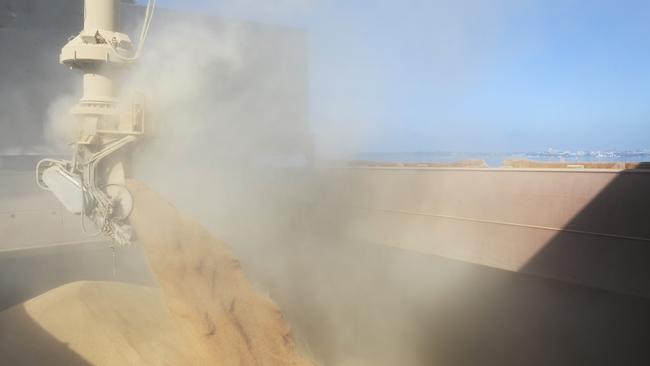African nations buy big tonnage of Australia wheat
A big Australian wheat crop and events in Russia have prompted sales to a record number of African nations. See the full numbers.
African nations must rub their hands with glee when Australia produces a big wheat crop.
While most African nations generally buy lower quality and cheaper Black Sea wheat, when a big Australia crop comes along, they know some of it will be offered at affordable prices.
In 2021, Australia had the cheapest wheat in the world and local traders exported a lot of wheat to Africa.
Export data from the Australian Bureau of Statistics show that Egypt, Nigeria and Sudan were relatively regular big buyers of Australian wheat over the past decade or so.
From 2017-18 to 2019-20, when Australian growers produced relatively small wheat crops of 15-21 million tonnes, only a handful of African countries were buying their wheat.
But last season, when growers produced a record 33.3 million tonne crop, 14 African nations bought Australian wheat, the highest number in about 25 years.
More than 2.5 million tonnes of wheat was exported from Australia to Africa in 2020-21.
Kenya — a regular buyer of Australian wheat — bought 508,000 tonnes last year, equivalent to its total purchases over the previous 10 years and almost double its previous big intake of 280,000 tonnes in 1999-2000.

The other big buyer was South Africa, which took 589,000 tonnes.
Its previous biggest import was 411,000 tonnes in 1995-96.
Egypt, the largest wheat importer in the world, was the next biggest African buyer of Australian grain, taking 384,000 tonnes.
Egypt has been one of Australia’s most consistent customers, buying wheat every year since 1995-96, although recent purchases are well below two decades ago due to Russia invading the market.
Malawi, Uganda, Burundi and Madagascar also imported record amounts of Australian wheat last year.
ABS data shows exports to African nations largely kicked off in February last year, just weeks after the big harvest was completed.
Australia exported wheat to Madagascar, Malawi, Mozambique, Rwanda, South Africa and Tanzania that month, followed by the first shipments to Uganda in March and Zambia in April.
Emerald Grain chief executive David Johnson said most African nations had been sourcing their wheat from Russia but had to look elsewhere when the Russian Government imposed an export tax on grain to hold grain for domestic supply.
While Australian farmer organisations have been calling for an inquiry into sales of wheat overseas to ensure the best returns are made to growers, Grain Growers Limited chairman Brett Hosking said prices had been good over the past year or so.
“Having a big crop, traders are looking at any market they can take,” Mr Hosking said.
“There have been good prices and growers are happy to sell.
“But there is a question as to whether, as a country, we have been maximising the value of Australian grain.”




